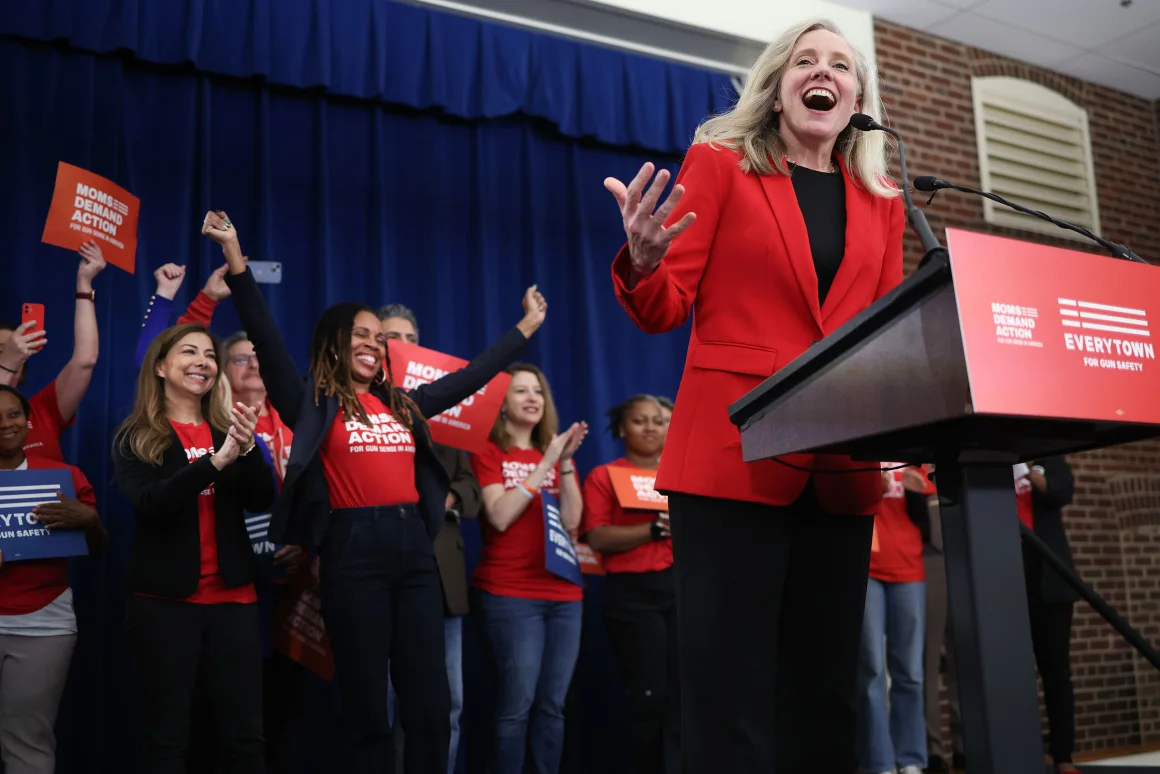Both Spanberger and Earle-Sears, who face no opposition in their respective primaries ahead of the November contest, are focusing their messages on pressing issues such as tariffs, federal job losses, and making the state more affordable for residents. Gender is acknowledged as a factor they must navigate, but it remains a secondary topic compared to policy concerns.
The rarity of female governors nationally—only 51 have ever been elected—adds context to this race. It may offer insights for future female candidates from both parties, especially given the setbacks Democrats have faced in high-profile elections involving women, like Kamala Harris and Hillary Clinton.
Mary Sue Terry, a former Democratic attorney general and 1993 gubernatorial candidate, pointed out persistent stereotypes about women in politics. While women are often seen as diligent and possessing strong character, they are sometimes not perceived as tough enough to compete with male counterparts.
Spanberger emphasizes reducing costs, particularly energy expenses, as a key issue. During a campaign event in Norfolk, she was surrounded by local officials and residents benefiting from state energy assistance programs. She pledged to continue efforts to make energy more affordable. A homeowner attending the event expressed hope that women’s voices are being heard but remained focused on practical concerns like expanding access to efficiency programs.
While Spanberger recognizes the excitement some voters feel about the prospect of Virginia’s first female governor, she stresses that her priority will be effective governance and delivering on campaign promises. Supporters like Terry emphasize the importance of electing the right candidate rather than focusing solely on gender.
Earle-Sears, a retired Marine and the state’s first female lieutenant governor, has already broken significant barriers, including being the first Black woman elected statewide in Virginia. She has not campaigned as visibly as Spanberger but highlights that voters want to focus on policies rather than identity. Her campaign aligns with Governor Glenn Youngkin’s pro-business and anti-regulation platform. Addressing cost-of-living concerns, she recently pledged to eliminate Virginia’s car sales tax.
Despite shifts in Virginia’s political landscape, Earle-Sears considers the race competitive and has been campaigning steadily since 2021.
Political experts note that women often find it easier to run for legislative offices than for governor due to gendered expectations. Collaboration is seen as a feminine trait that fits legislative roles, while executive positions demand perceptions of strength and decisiveness.
Currently, only 12 female governors serve nationwide, and 18 states, including Virginia, have never elected a woman to that office. Research shows gender alone does not strongly influence most voters; outside groups tend to emphasize identity to boost engagement and fundraising. Female candidates rarely make gender the centerpiece of their campaigns, though their lived experiences naturally influence their perspectives and messaging.
Some analysts observe that gender influences campaigns subtly, even if candidates don’t explicitly highlight it. On the Republican side, the primary electorate tends to value strength and policy positions over gender identity.
Former Virginia Governor Douglas Wilder, the first Black governor in U.S. history, emphasized that qualifications and the ability to connect with voters are more important than identity. While acknowledging ongoing challenges related to racism and sexism, he noted that legal obstacles to running for office no longer exist and that making a strong case to voters remains the key to electoral success.


